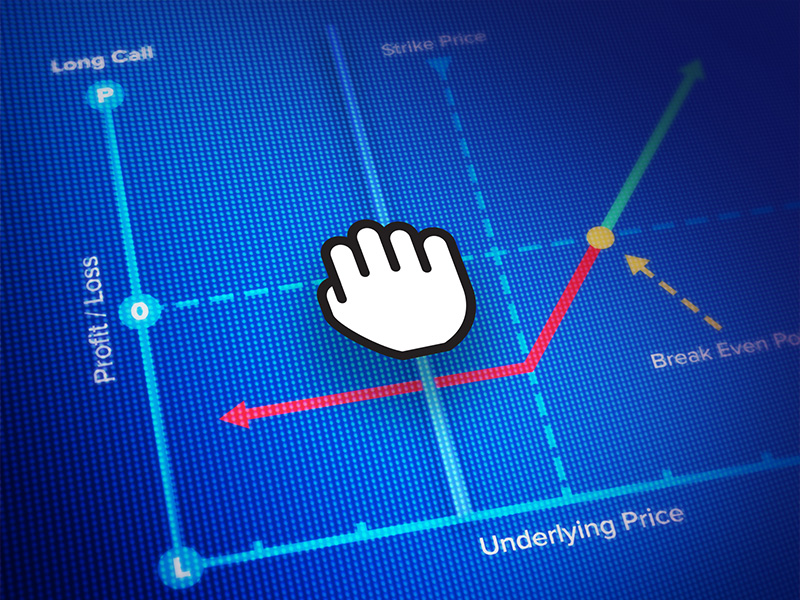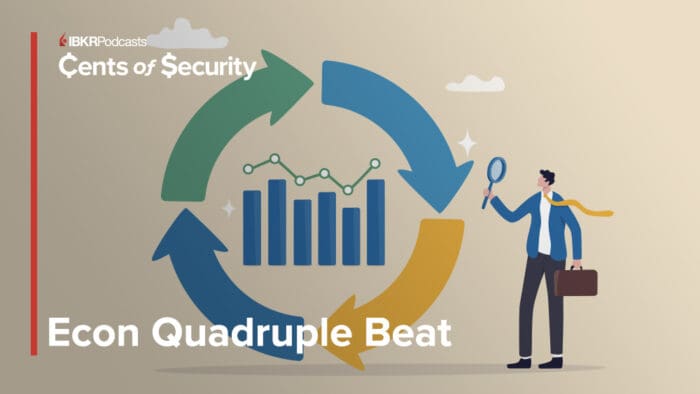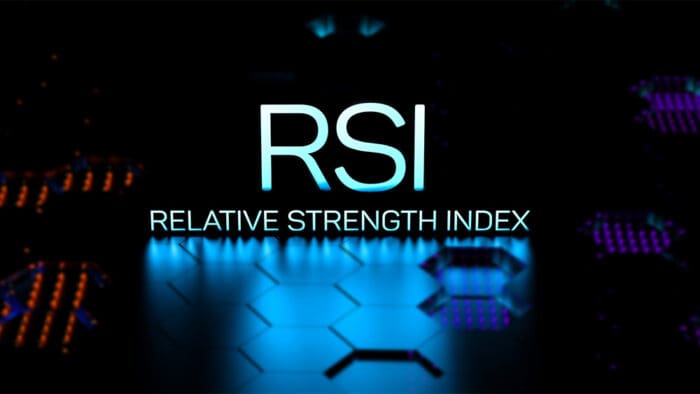The article “Quant Systematic Trading vs Discretionary” was originally published on Robot Wealth blog.
Someone recently asked me about the difference between our approach and discretionary order flow trading and technical analysis.
Order flow trading involves sitting in front of a screen and looking at orders and trades as they come in and trying to work out if more buying or selling is happening, where those trades are occurring, and how that might predict the short-term future.
Technical analysis relies on past price history and various patterns it makes on a chart.
Both approaches involve a lot of sitting in front of a screen and using one’s discretion, skill, and experience to make trades.
How is that different to the approach we teach in Bootcamp?
First, let’s get clear about what we mean by “edge.”
An edge is a pricing inefficiency. A mispricing. Something that’s worth $100 that is trading at $110. Something that you expect to make money on in the long run if you do it a lot.
Clear enough.
And an edge is caused by other people creating excess supply or demand. It arises due to other people causing the market to trade at the wrong price, which you then take advantage of.
This is the fundamental cause of any market inefficiency – excess supply or demand.
How you discovered the inefficiency doesn’t really matter.
Whether you discovered it by talking to a drunk broker at lunch, by doing data analysis, or by taking a ton of Adderall and staring at ticks for 16 hours without a break, it’s the same inefficiency.
Don’t think that there’s some group of people with quantitative tools that are honing in on different effects from everyone else because they’re really smart.
All of these effects are created by people buying and selling – nothing more, nothing less.
And those effects are just as real, whether you discovered them by talking to your mate, by doing data analysis, or by racking up screen time.
An order flow guy could be looking at some effect that he learned about through months of disciplined screen time. And I could be looking at the exact same thing, but I learned about it by doing data analysis.
He used his subconscious brain; I used some data wrangling and a scatter plot.
We’re doing the same thing, we just got there via different paths.
The key point is that there’s no special set of edges for order flow traders and another set of edges for the quants. They’re the same thing!
The approach to discovering them is where people differ.
Our Approach
The defining feature of the approach we teach in Bootcamp is that it minimises subjectivity.
We avoid saying things like, “Hey, look at this effect, but it only plays out sometimes and under certain conditions, and you need context and nuance and experience to understand those conditions.”
We don’t have any interest in that because we can’t prove that it has validity.
And we certainly wouldn’t try to teach you that stuff. We don’t know how to teach you to acquire the sort of experience and nuance that matters for order flow traders or technical analysts or other discretionary approaches.
But we are interested in edges that are obvious and repeatable.
Edges that show up in the data no matter how you slice it.
Edges that are so big that you can mess up the execution and still make money trading them.
We teach how to analyse these edges and reason about them. How to build a process to extract them – a process that is repeatable and doesn’t require any skill other than following the process.
Crucially, we urge you to do things that are easy. At least at the start.
It takes time and effort to sit in front of a screen and train your subconscious mind to recognise intraday patterns. I know of very few traders who can make money doing this. I’m quite sure I couldn’t.
It’s exceptionally difficult and overwhelmingly unlikely to work out.
Instead, we think that you should tackle easy, obvious edges first.
Go slow. Learn where edge comes from so that you know where to look. Learn basic data analysis and portfolio construction skills so that you can analyse and trade them yourself.
These are skills that anyone can learn.
Chances are you’re not a galaxy-brained Adderal aficionado who might have a shot at learning discretionary trading.
So don’t waste time on that approach. Go easy on yourself and start with things that are much more likely to work out, and learn some useful skills along the way.
Disclosure: Interactive Brokers Third Party
Information posted on IBKR Campus that is provided by third-parties does NOT constitute a recommendation that you should contract for the services of that third party. Third-party participants who contribute to IBKR Campus are independent of Interactive Brokers and Interactive Brokers does not make any representations or warranties concerning the services offered, their past or future performance, or the accuracy of the information provided by the third party. Past performance is no guarantee of future results.
This material is from Robot Wealth and is being posted with its permission. The views expressed in this material are solely those of the author and/or Robot Wealth and Interactive Brokers is not endorsing or recommending any investment or trading discussed in the material. This material is not and should not be construed as an offer to buy or sell any security. It should not be construed as research or investment advice or a recommendation to buy, sell or hold any security or commodity. This material does not and is not intended to take into account the particular financial conditions, investment objectives or requirements of individual customers. Before acting on this material, you should consider whether it is suitable for your particular circumstances and, as necessary, seek professional advice.














Join The Conversation
For specific platform feedback and suggestions, please submit it directly to our team using these instructions.
If you have an account-specific question or concern, please reach out to Client Services.
We encourage you to look through our FAQs before posting. Your question may already be covered!